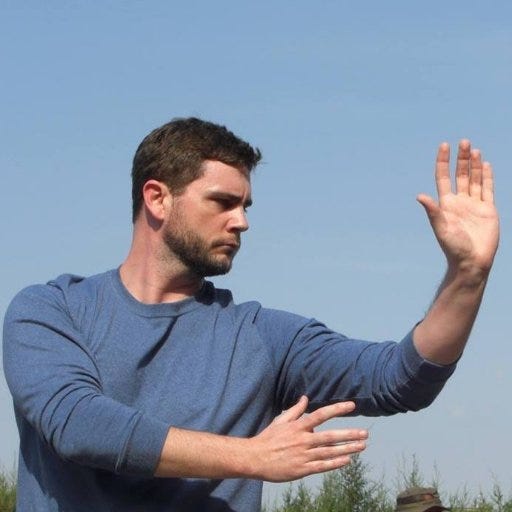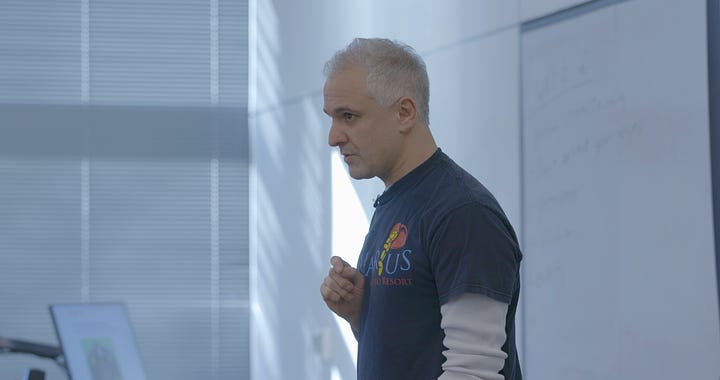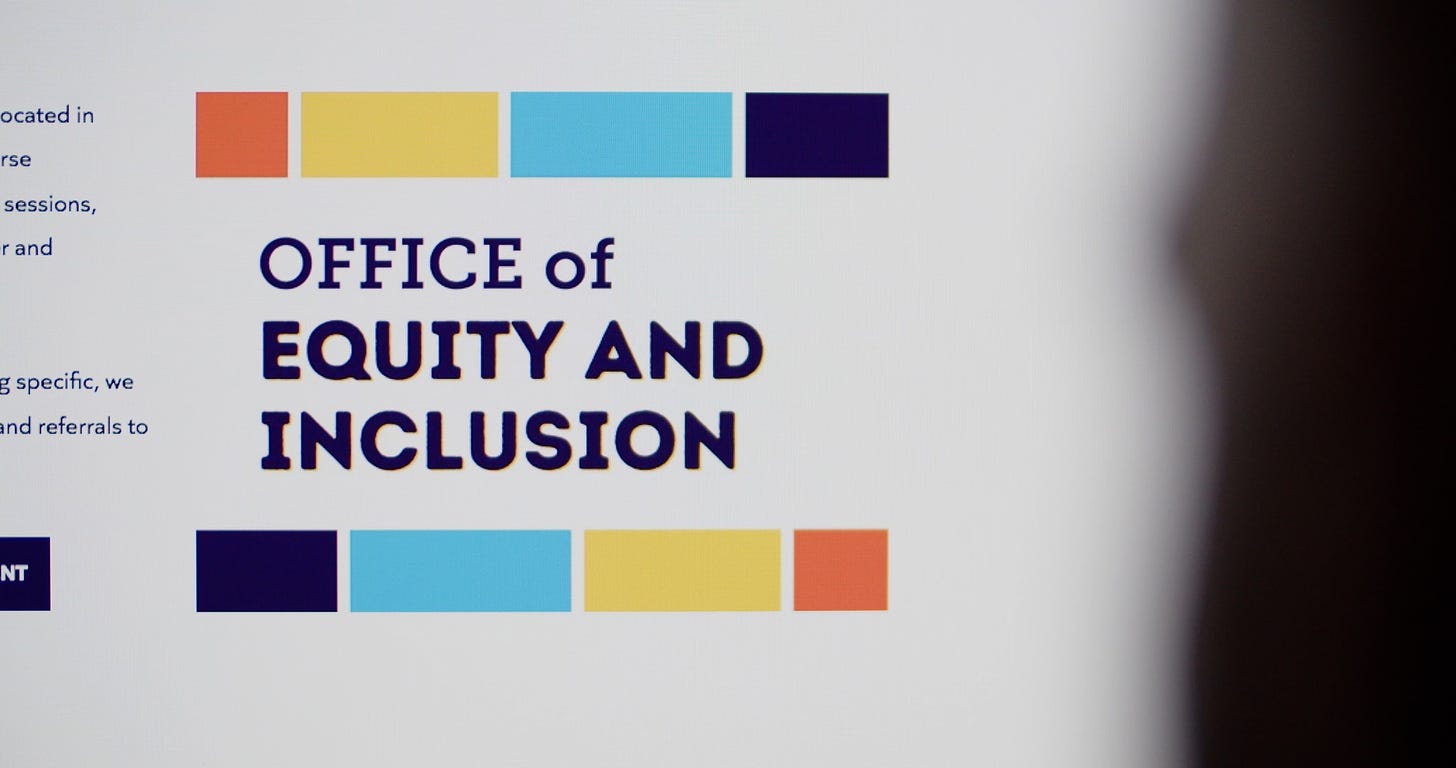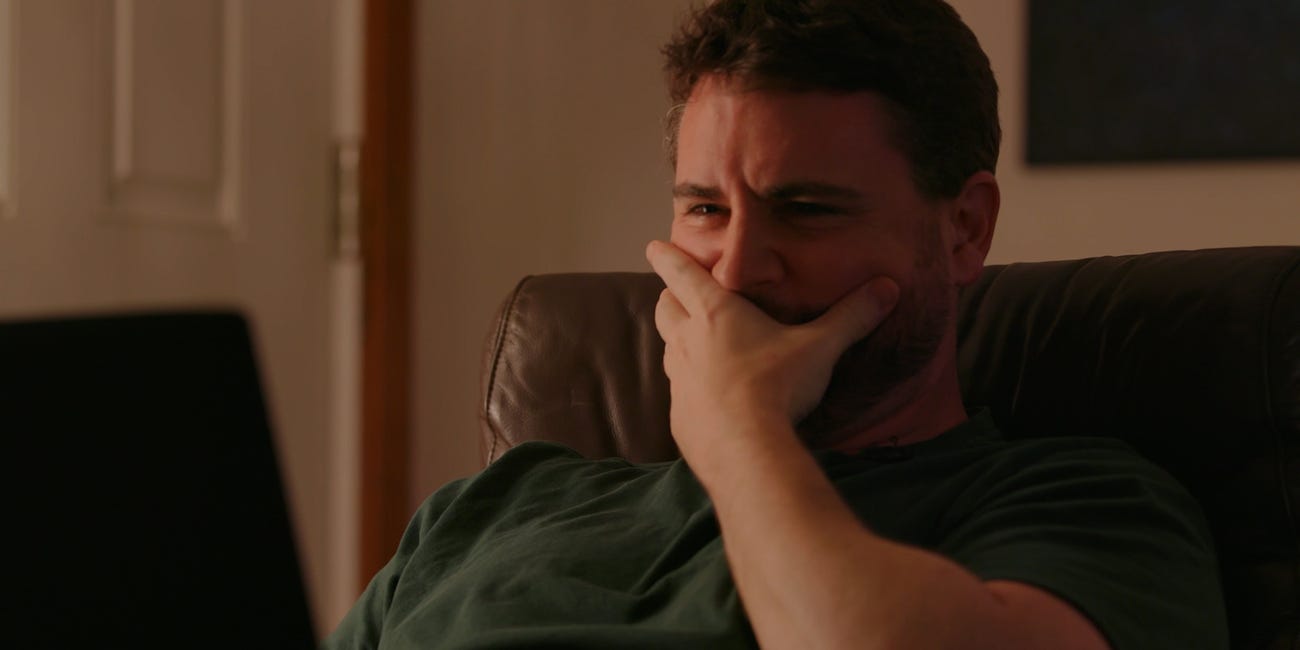As social media matured throughout the 2010s, I noticed major changes in the moral commons. I watched as people coalesced around different moral interpretations of news events and formed competing networks that evangelised with increasing fervour. When one of these movements gained institutional dominance and began being imposed on me in my professional life, I decided to try to figure out where it came from and what it was all about.
The movement used unfamiliar terms like "cis heteropatriarchy," "decolonization," and "intersectionality," so I traced its language to the source and began wandering the halls of academe in my hometown of Melbourne, Australia. I sat in on lectures and met with scholars to make sense of their worldview and while people were initially warm and welcoming, I’d feel tension in the room whenever they detected scepticism.
The more I learned the more sceptical I became and the feeling that something was deeply awry led me to a network of academics and intellectuals who shared my concerns. I took to calling it the ‘intellectual underground’ because so few of the people I met would share their thoughts publicly for fear of repercussions.
I learned of a decades-long passive-aggressive march through the educational establishment by academic activists, and how they were teaching students a radical set of social theories while securing institutional power for their movement. For years the doctrines associated with these theories had been guiding an ever-expanding activist bureaucracy inside the university system and now far beyond.
In part one of my documentary series, I share audio recordings from early discussions with philosophy professor Peter Boghossian and writer-mathematician James Lindsay, who brought me in on their secret hoax operation.


Peter and James hatched a plan to expose the activist disciplines that birthed what has since become known as the “Woke” movement. They claimed that activists were laundering political opinions through the peer review process and giving themselves the appearance of expertise to gain standing within Western institutions. They believed if they could flatter the ideological biases of Woke scholars they would be able to get absurd research papers published in their leading journals and bring attention to the worsening problem.
Subscribe to join me for what ended up being a fascinating and bizarre experience.





The Reformers | Part One